
Let's build a flood network for Hebden Bridge!
Ben Ward
Split into two teams, one will attempt to install flood sensors on the beautiful Hebden Water just outside the venue, while the other links these these to the Internet using readily available technology.
Proven hardware designs will be used to show you how can send water levels back to the Internet using low-powered wireless links, and sustainable approaches to citizen sensing will be explored.
What you need to bring:
Wellies if you'd like to be in the sensor installation team!
A soldering iron and a laptop would be useful too.

Let's launch a huge balloon to the edge of Space!
The Manchester Space Programme
Having spent the past few weeks building an Open Source communications payload, we will be launching our first high-altitude balloon into “near space” (between 30 and 35km) with a camera, GPS and radio transmitter on board. Join us from 10am at Wuthering Bytes as we prepare and test the equipment for launch, then participate in the launch itself at around midday from nearby Blackshaw Head.
We'll be tracking the balloon's progress via the magic of The Internet back at Wuthering Bytes HQ
The Manchester Space Programme is a community space technology initiative, supported by MadLab and the UK Space Agency.
What you need to bring:
Wellies to participate in the launch.
Some kind of internet-connected device if you want to track the balloon's progress.
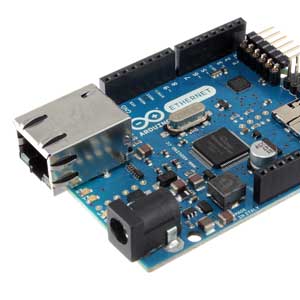
Building applications that sense and respond to the real world
Gareth Coleman and Dr Naomi Rosenberg
Following on from their talk, Naomi and Gareth will be joined by Paulo Marini, the Tormorden project's resident aquaponicist. Together they will facilitate a hack session to help you build applications that respond to the real world. Bring your own hardware to work on, such as Raspberry Pi and Arduino etc. if you can, and they'll try to find ways to get your projects connected.
What you need to bring:
Hardware such as Raspberry Pi, Arduino plus any sensors you'd like to use.
A laptop's always handy
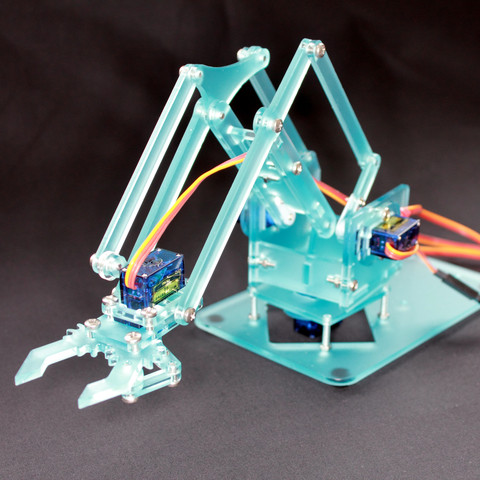

Do you want to build a robot? #meArm assembly workshop
Ben Gray
How about starting with an Arm? With just a screwdriver and enthusiasm you can build an Open Source Robot Arm. If you bring an Arduino or Pi with you, you're free to stay on with your meArm and tinker with the code too.
The meArm is a project to get low cost robot arms into the hands of as many people as possible. Started in February this year it's made fast progress through open development. Already "home brew" (those not from the laser forges of phenoptix in Nottingham) versions have been spotted in the UK, Switzerland, the USA and Mexico!
What you need to bring:
An Arduino or Raspberry Pi and your laptop, if you like.
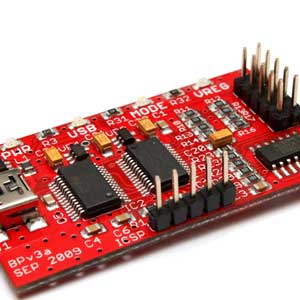
Introduction to Bus Pirate
Melanie Rhianna Lewis
The Bus Pirate is a universal open source hardware device that can be used to communicate using various buses, such as SPI, I2C, UART and JTAG, with various devices. The Bus Pirate is, per the designers, intended to "Eliminate a ton of early prototyping effort with new or unknown chips."
This tutorial will introduce the Bus Pirate. Describe how to configure it and install the software required to use it. It will then look at some basic interfacing to devices via SPI and I2C. It will work through how you can 'sniff' buses. Finally it will look at use the Bus Pirate as a simple frequency measurement and generator device.
What you need to bring:
Embedded projects which use SPI and/or I2C, and a Bus Pirate if you have one!
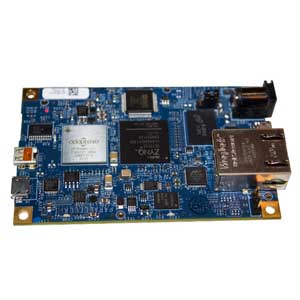
Building your first Parallella application
Simon Cook
This workshop follows on from the previous day's talk and participants will build a simple project which targets the Parallella board and uses all 16 cores of the Epiphany floating-point accelerator.
If you have your own Parallella board please bring this along, and note that a small number of boards will be available for use during the workshop by those who do not.
What you need to bring:
Bring your laptop.
If you have one, a Parallella board.
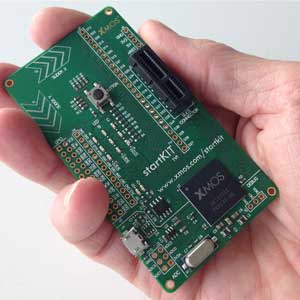
The real world works concurrently and so can you
Alan Wood
This workshop will take you through the basics of embedded concurrent programming using an XMOS multi-core startKIT. We will cover basic parallel processing extensions to C (XC) using tasks, interfaces, timers and ports.
We will also get some insight into our running code using xSCOPE, a real-time debugging system built intothe XMOS tools. In addition we will use software modules to drop in rich functionality from the open source xCore libraries.
What you need to bring:
Bring your laptop (XMOS startKITs will be available).
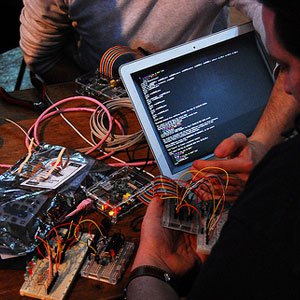
Design a PCB Shrimp and have it fabricated
Matt Venn
The Shrimp is a super low cost Arduino clone. It makes an excellent teaching resource, and is usually delivered as a 'breaded shrimp' - using a breadboard. For hackers, it's a great way to knock up a quick, cheap microcontroller circuit.
In this workshop we'll make a PCB version of the shrimp — a more robust and Arduino shield compatible version — and you will be guided through the process of drawing the schematic, laying out the PCB and optionally placing an order with OSHPark for your very own PCB shrimp.
Participants will be working in pairs. Boards will cost about £6 each. Kits of components can conveniently be ordered from shrimping.it for £4.
What you need to bring:
Bring a laptop.

OpenTRV build and getting started
Damon Hart-Davis
Kits will be available to solder and boards and cables to buy, along with valves that will be used to demonstrate how you can use Arduino-based technology to halve your heating bill.
Please bring your own soldering iron, solder and AA batteries if you would like to build a kit to take away, and be aware that SMD soldering experience and a steady hand will be required to solder the TMP112 temperature sensor.
What you need to bring:
Bring a laptop.
If you'd like to build a kit, you'll need a soldering iron, solder and AA batteries.




